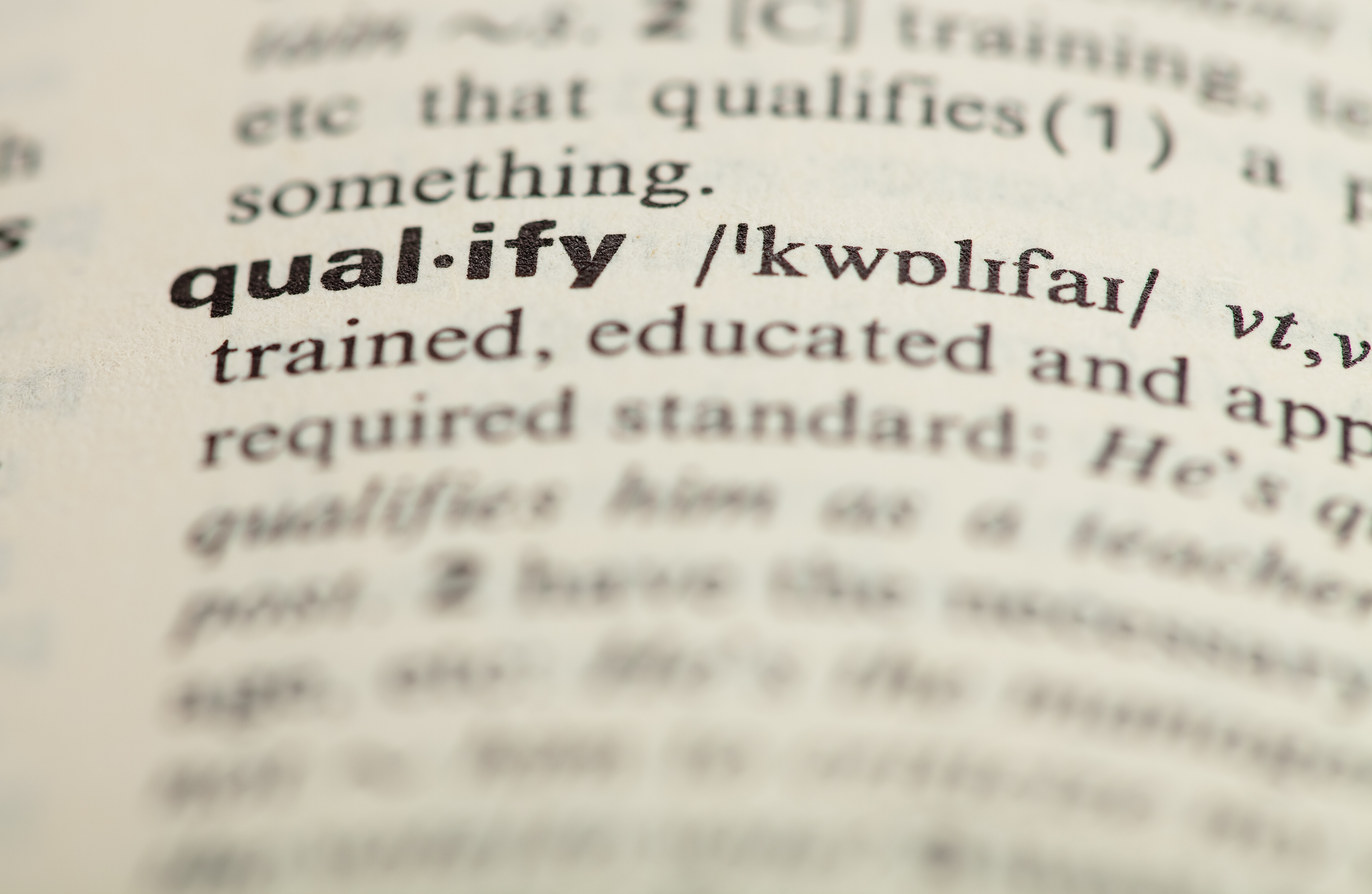 A homestead exemption is a tax instrument offered by state law that exists to provide certain protections to home owners. Most include:
A homestead exemption is a tax instrument offered by state law that exists to provide certain protections to home owners. Most include:
- Prevention of forces sale of the home to meet creditor demands except, in many cases:
- Mortgage creditors
- Mechanics liens
- Sale to pay property tax
- Provision of shelter to a surviving spouse.
- Exemption from some property taxes.
- Permission for tax-exempt homeowner to vote on property tax increases to homeowners aver a certain threshold such as a bond or mill levy.
According to the Institute on Taxation and Economic Policy, as of 2011 over 40 of the states had homestead exemption laws on the books. The type and amount of protection and of financial provision differs from state to state.
How to Obtain and Exemption
Depending on the state you may be required to apply for the exemption whereas others become active automatically. A few states title this a Homestead Declaration. (California and Montana are two. Check your state’s website for more details.) This declaration is considered to be an actionable legal document that carries a penalty of perjury for false claims. A homestead declaration in Montana can be undone by signing as declaration of abandonment if you wish to get the exemption on a new principle residence.
You are not required to file for a homestead exemption. However, depending on the provisions of your state, it can provide valuable protection and, usually, a property tax break. But be wary of businesses that purport to help you sign up for the exemption for a fee. In Texas, for instance, applying for a homestead exemption is very simple and does not require assistance. In other states, those who offer homestead filing services are bound by strict rules as to the fees they charge and the types of statements they are allowed to make.
The Homestead Exemption can also offer protection during bankruptcy proceedings. Again, depending on the state, the homestead exemption may allow you to exempt all or part of your home equity, allow spouses to double the exemption amount when filing joint claims, and declare whether you must use the state exemption amount.
How to Qualify for an Exemption
This is also part of the state’s homestead exemption law. To use Texas again as an example, the law requires you to have owned and lived in your principle residence as of January 1 of the year of your application. You cannot apply for a homestead exemption for any other property.
The type and amount of exemptions is written into the law. Extra exemptions are available for those 65 and older or for those with disabilities. Veterans and disabled veterans may also be eligible for additional exemptions.
A Homestead Exemption is purely optional at this time. You are not required to apply for one. But with the added protections and money savings attached, it would be a good idea to do so. In other words, it could help and it couldn’t hurt.




















